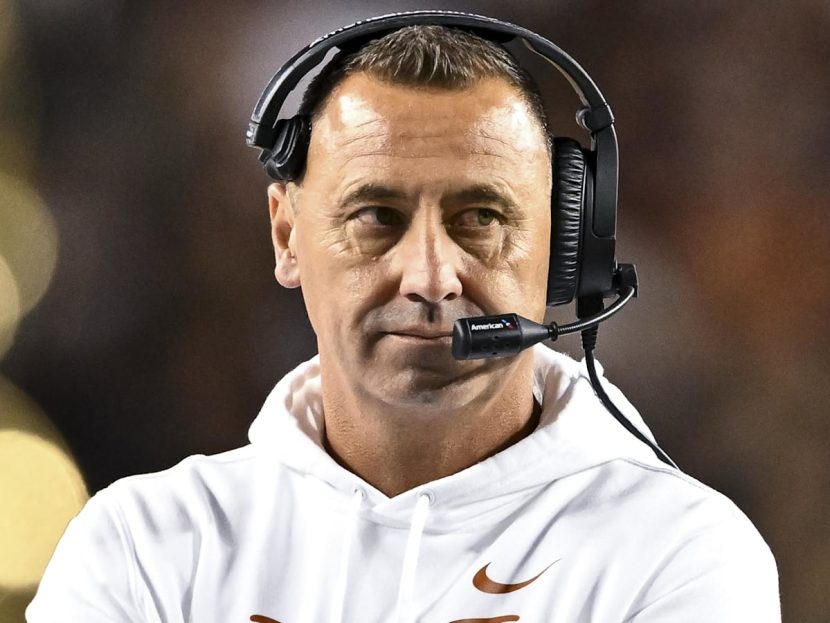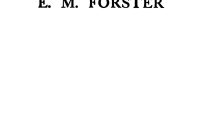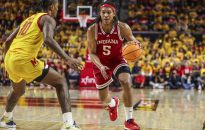Mid-major head coach No. 1: “If this is the new precedent that would be crazy.” However, pending a final ruling, the case stands to have a much broader impact on the future of college athletics. That’s particularly so for college baseball, which leans on a steady stream of junior college talent to fill out its […]


Mid-major head coach No. 1: “If this is the new precedent that would be crazy.”
However, pending a final ruling, the case stands to have a much broader impact on the future of college athletics. That’s particularly so for college baseball, which leans on a steady stream of junior college talent to fill out its ranks.
High-major head coach No. 1: “Part of me was like, ‘Oh, this could be an advantage because you can get a two-year JUCO player who only counts as a freshman. I think that part is cool and can obviously help you win. But then there’s the other part of me that’s like, ‘This is absolutely ridiculous. At what point does someone get a hold of this thing?”
High-major head coach No. 4: “We’ve already been trying to get older for the last four years since the transfer portal really showed up, and that’s cut down on the number of high school guys who we’re taking. This is going to amplify that for sure. Having more older players available with smaller rosters has disastrous potential for high schoolers who are more on the fringes and not necessarily top prospects. It’ll be really interesting to see where they end up, although I guess that’s JUCO now.”
High–major head coach No. 1: “Right now, [the Pavia case] along with the transfer portal and shrinking roster sizes, all this is doing is really, really hurting the high school player and that sucks. I think we’re going to look back at some point and people are going to be like, ‘Can you believe we could actually do that?’”
Mid-major assistant No. 2: “At what point can someone no longer tell a kid he has to go to class to stay eligible? When is someone going to sue and say, ‘Hey, I’m going to School A because I’m making a lot of money and you can’t tell me to go to school. I already have a job.’ It seems like you’re no longer allowed to have a set of rules.”
Mid-major head coach No. 2: “Yet another interesting turn of events. It’s amazing how many things are changing college athletics. As with everything else that has changed in recent years, this, too, will create a new dynamic possibly in our sport.”
Image credit:
Diego Pavia (Photo by Michael Chang/Getty Images)
High-major head coach No. 2: “We already have a number of significant friction points with the NCAA in college baseball. The new roster rules aren’t clear enough. NIL is out of control and threatening the competitive balance throughout our sport. Eligibility is no longer a straight-forward topic. So, really, I think you can just add the Pavia stuff to the list. We have more questions than answers, and a lot of us feel that way for sure.”
What was your reaction to the news that junior college alumni could soon have four years of Division I eligibility?
High-major head coach No. 4: “None of us know what’s happening or where this is going to end up. Not at all. That’s easily the scariest past and the thing that frustrates me the most.”
Those are among the questions Baseball America presented to a selection of anonymous head coaches and assistants—many of whom are recruiting coordinators—across all levels of Division I regarding the potential impact of Pavia’s case on the future of college baseball.
Mid-major head coach No. 3: “I am all for NIL. Really, I am. I’m even all for schools that can afford better rosters paying for better rosters. That just is what it is. But, where it’s going now, you’re just adding my players to a pot that is shrinking as far as roster size.”
Campbell endorsed Pavia’s argument that the NCAA’s rule, which counts a player’s time in junior college toward his overall years of NCAA eligibility, violates antitrust laws and unfairly limits his ability to profit from his name, image and likeness.
High-major head coach No. 3: “I don’t even know what the rules are anymore.”
Mid-major assistant No. 2: “You know, at first I thought, ‘Hey, maybe there’s a way this can be a good thing. But the longer I thought about it, the more I realized that this is going to just be another major, major problem.”
Mid-major head coach No. 4: “This just speaks to the bigger picture. The NCAA has big issues, and there’s really no way to defend them anymore. To combat all the NCAA’s bad rules, it’s going to extremes on the other side. Two sets of extremes don’t work and it jeopardizes everything if you ask me.”
If Pavia’s case is upheld, how would it impact high school seniors specifically?
That outcome would threaten the actively accepted framework for team building, a process already in a state of flux with new limits and cut deadlines for Division I rosters looming.
If Pavia’s injunction is upheld—an outcome that presently has no timetable but is viewed widely by coaches as an inevitability—it would mean players who spend two years at a junior college could start their NCAA careers as freshmen with four years of remaining eligibility, a jarring departure from the current system, which would afford that individual just two more years to play.
Is there a sense of a lack of direction from the NCAA?
Here are their responses:
High-major head coach No. 4: “A lot remains to be seen, but this is going to give more guys the opportunity to play baseball longer, in my opinion. The draft has been condensed and so has Minor League Baseball. The path to professional baseball has become a lot harder in recent years, and the guys that go out have to perform immediately or you’re probably going to get released. Now they could have chances to play a lot longer with JUCO and the various levels of NCAA baseball.”
High-major head coach No. 5: “I’ll tell you something someone brought to my attention the other day: Say a player gets drafted after a good JUCO season but really struggles in pro ball for two or three or four years. Is there anything stopping that player from returning to college baseball with four years of eligibility? You’d think no, because they’ve forfeited their amateur status, but they also haven’t used their eligibility, and preventing them from playing could be a violation of their rights. I’m not saying this is coming, and I know it sounds crazy, but this is getting so out of hand that I don’t think anyone can rule anything out.”
Are there positives that could come from a system in which JUCO players are afforded another four years of NCAA eligibility?
High-major assistant No. 1: “I think it’s completely asinine.”
In an era of college baseball when teams are pushing to get older, would extended eligibility for junior college players shrink the number of athletes signing with Division I programs directly out of high school? Could it change the thinking for prospects rushing to be drafted at the youngest age possible?
High-major head coach No. 1: “Right now, I would tell you yes. There is a lot of unknown out there. But I think someone is going to have to clean all this up here pretty soon, and I bet it starts with some sort of collective bargaining.”
What concerns you the most about the direction of college baseball?
When judge William Campbell granted an injunction to Diego Pavia, allowing him to pursue another year of NCAA eligibility, the scope of the decision was limited to just the Vanderbilt quarterback.
Mid-major head coach No. 1: “Yeah, I think once we actually know what the rules are, we can actually start trying to figure out ways to turn this into an advantage. At the end of the day, once something becomes a rule, all we can do is work with it and find a way to make it as best as it can be. I guess that’s a positive for me.”
High-major assistant No. 1: “There is definitely something to be said for having a lot of older players on the field, which this would obviously cause. [It’s true] that it’s easier to win with experienced guys who are solid over top-tier freshmen who need seasoning, for sure. Schools that can afford to do it this way will be better because of it, probably. I can see that.”














